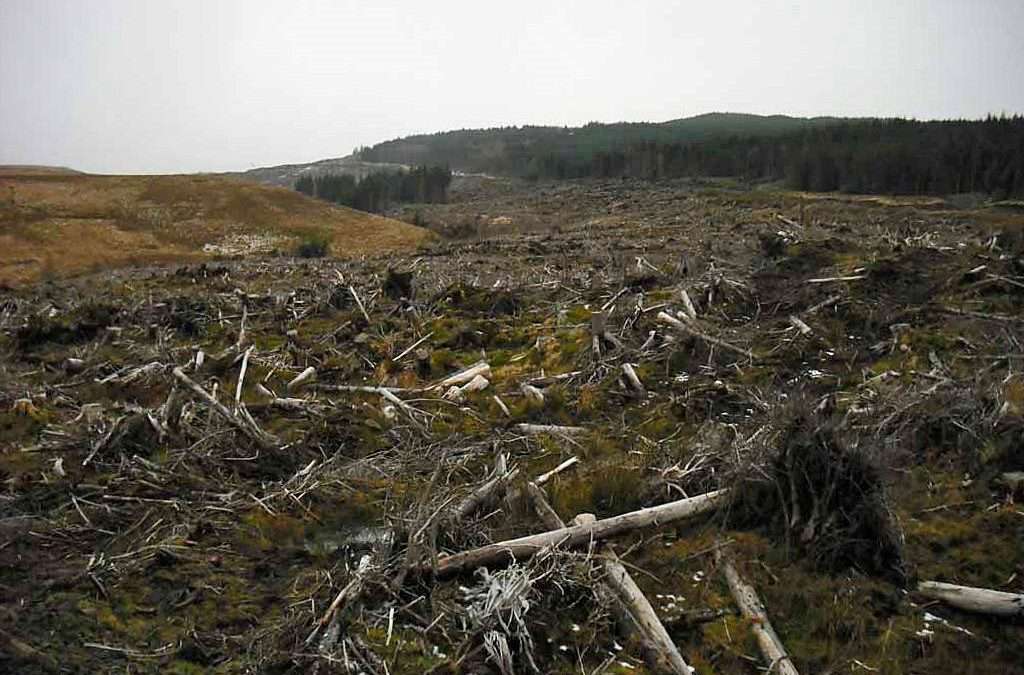Over 20 organisations campaigning against the five biggest European airports have published the below tribune calling on national governments and the EU to cap flights and implement stronger curfews at airports across Europe.
We, the neighbours of Europe’s five largest airports – Paris-CDG, London-Heathrow, Madrid-Barajas, Frankfurt, Amsterdam-Schiphol – call on our governments and Europe to cap all airports, aerodromes and heliports to halt the uncontrolled growth of air traffic. Air traffic has returned to its 2019 level, and if we are to believe the players in the sector, it could double by 2040. This is a disaster when we know that this increase in the number of flights is compatible neither with our climate objectives nor with protecting the health of people affected by noise and air pollution. The scientific studies are clear and leave no room for doubt1. What’s more, there are rail alternatives for many European destinations. Given this situation, clear and determined political choices must be made, as was recently the case for Amsterdam-Schiphol airport.
The Dutch government and the airport operator have realised that the growth in air traffic is no longer sustainable. They have therefore expressed the wish to reduce the number of flights, introduce a curfew, ban private aviation and abandon plans for a new runway. “We can’t ask the people of the region to make sacrifices for years on end for those who fly just for their holidays,” said Ruud Sondag, the airport’s CEO2. Tens of millions of people suffer from aircraft noise and pollution day and night. Noise is a major public health problem, causing sleep disorders, cognitive problems, high blood pressure and cardiovascular disease3. In France alone, its social cost has been estimated at €6.1 billion a year. Yet none of Europe’s airports are actually complying with the European directives and regulations that require them to draw up plans to reduce air noise, because noise levels are continuing to rise around airports, as shown by the strategic noise maps.
Every year, air pollution causes more than 250,000 deaths in Europe, and aviation is a significant local contributor. The ultrafine particles emitted by aircraft engines are smaller than those emitted by diesel engines, and therefore way more toxic. But they are neither regulated nor measured. Air pollution from airports remains the forgotten issue in air quality policies.
As far as the climate is concerned, commercial aviation accounts for almost 5% of European CO2 emissions, and almost 7% of those in France4. A study reveals that in 2019, the world’s 20 most polluting airports – including Paris-CDG, London-Heathrow, Frankfurt and Amsterdam-Schiphol – emitted as much CO2 as 58 coal-fired power stations!5 To this must be added the climatic impact of emissions other than carbon dioxide, in particular condensation trails, which at least double the impact of CO2 alone6. Twice as important as it was 30 years ago, the weight of the aviation sector in global emissions is all the more disproportionate given that this mode of transport is still mainly used by a small proportion of the population, mainly for leisure. At a time when Europe and our governments are asking everyone to make an effort, it is hard to understand why air transport should be exempt.
However, if the sector is to play its part in reducing emissions, a reduction in traffic is essential. Neither technological progress nor so-called “sustainable” aviation fuels will be available in sufficient quantities in the time required. Two reports published in January 2024 by Amsterdam Airport Schiphol show that a reduction of at least 30% in its emissions and those of European aviation compared with 2019 is needed by 2030 to comply with the Paris Climate Agreement7. The airport management recognises that there is no other solution in the short and medium term than to halt the growth in air traffic and reduce it rapidly. This would also limit the impact on health. As such a change of course would have an impact on employment, it is essential to take into account the retraining of the workers concerned.
We, the victims of airport nuisance and present and future victims of global warming, call on our governments and on Europe to follow the necessary path opened up by the Netherlands by finally taking concrete measures: limiting and reducing the number of flights while ensuring that noise, air pollution and CO2 emissions are also brought down – and generalising curfews at airports, aerodromes and heliports.
Signatory collectives and associations:
Paris-CDG:
- ADVOCNAR
- GARE
- Collectif Non au T4
- UFCNA Union Française contre les Nuisances des Aéronefs
London-Heathrow:
- HACAN Heathrow Association for the Control of Aircraft Noise
- Stay Grounded United Kingdom
- Flight Free UK
- South-West Essex Fight the Flights
Frankfurt-Main:
- BBI-Bündnis der Bürgerinitiativen im Rhein-Main-Gebiet – gegen Flughafenausbau – für eine Nachtflugverbot von 22 Uhr-6 Uhr
Amsterdam-Schiphol:
- Schipholwatch
- Amsterdam Fossielvrij
- Omgeving Zonder Vlieghinder
- Platform Vliegoverlast Amsterdam
- Stichting Mobilisation
Madrid-Barajas:
- Plataforma contra la ampliación de Barajas
- Ecologistas en Acción
- Fridays For Future España
- Federación Regional de Asociaciones Vecinales de Madrid
- Asociación Española de Educación Ambiental
- Asociación Vecinal de Mejorada del Campo
- Plataforma contra el ruido de San Fernando de Henares
- Asociación Vecinal Parque Henares
- Asociación Vecinal Jarama
- Asociación por la Defensa de Belvis
Notes:
- Stay-Grounded/UECNA (2024) : Aviation is a health issue
-
Schiphol Airport (2023) : Schiphol to be quieter, cleaner and better: night closure, ban on private jets and people first
-
Le Monde (2022, French) : Plus de cent professionnels de santé alertent sur le bruit aérien : « C’est l’espérance de vie qui est menacée »
-
DGAC, Transports Minister: Les émissions gazeuses liées au trafic aérien en France en 2020
-
Stay-Grounded (2022) : It’s about more than just C02
-
Schiphol Airport (Jan 2024) : Accelerated CO₂ reduction necessary



